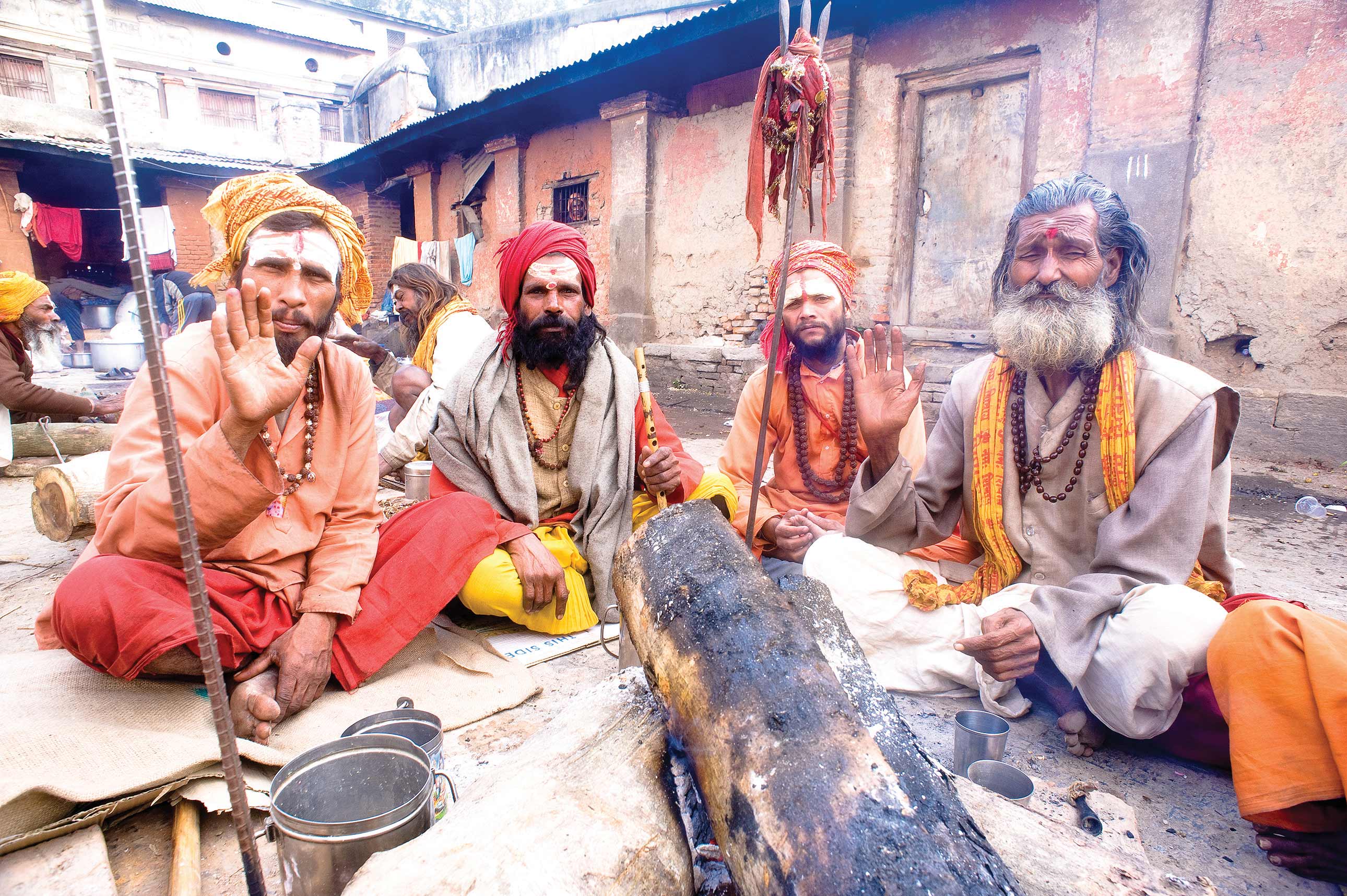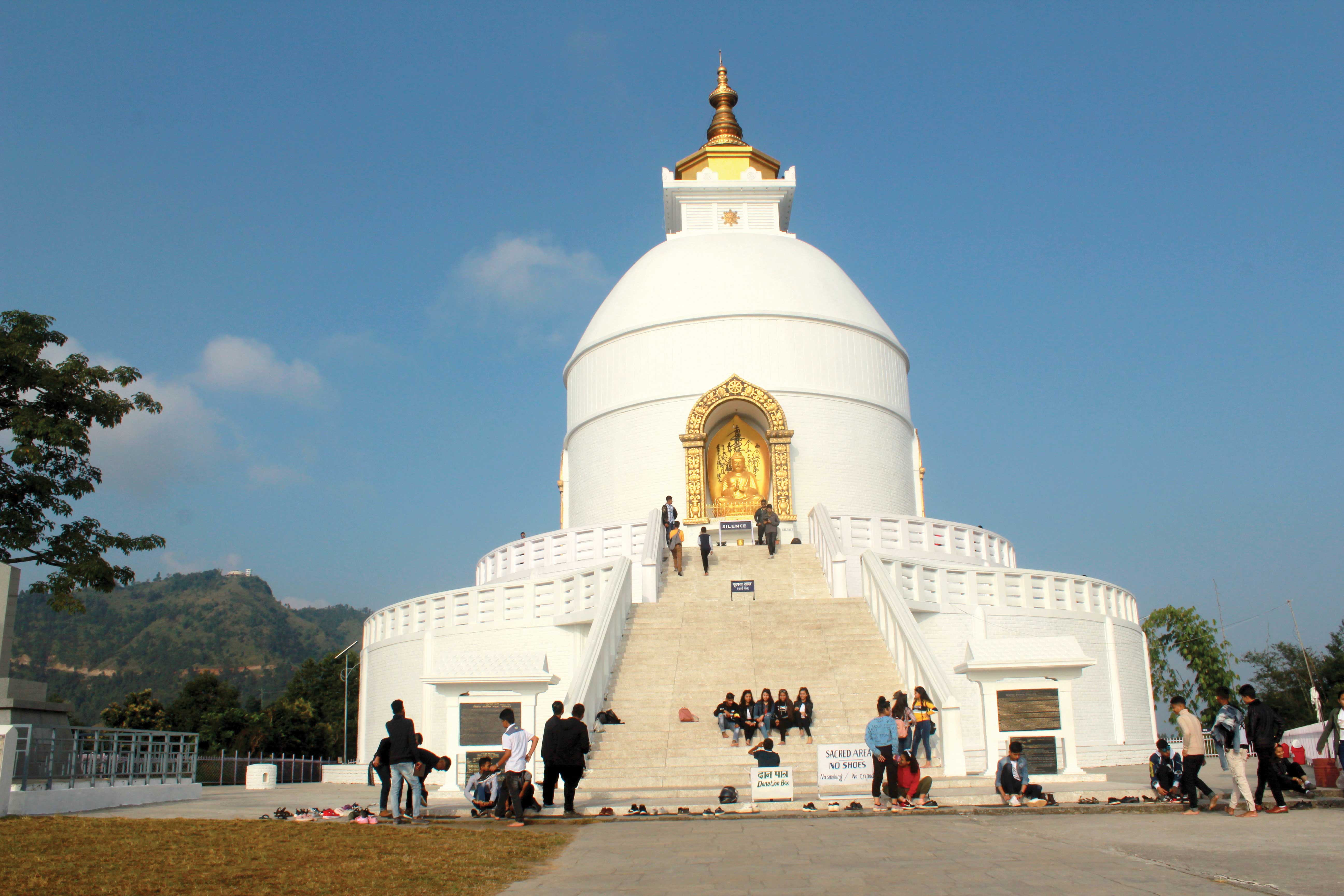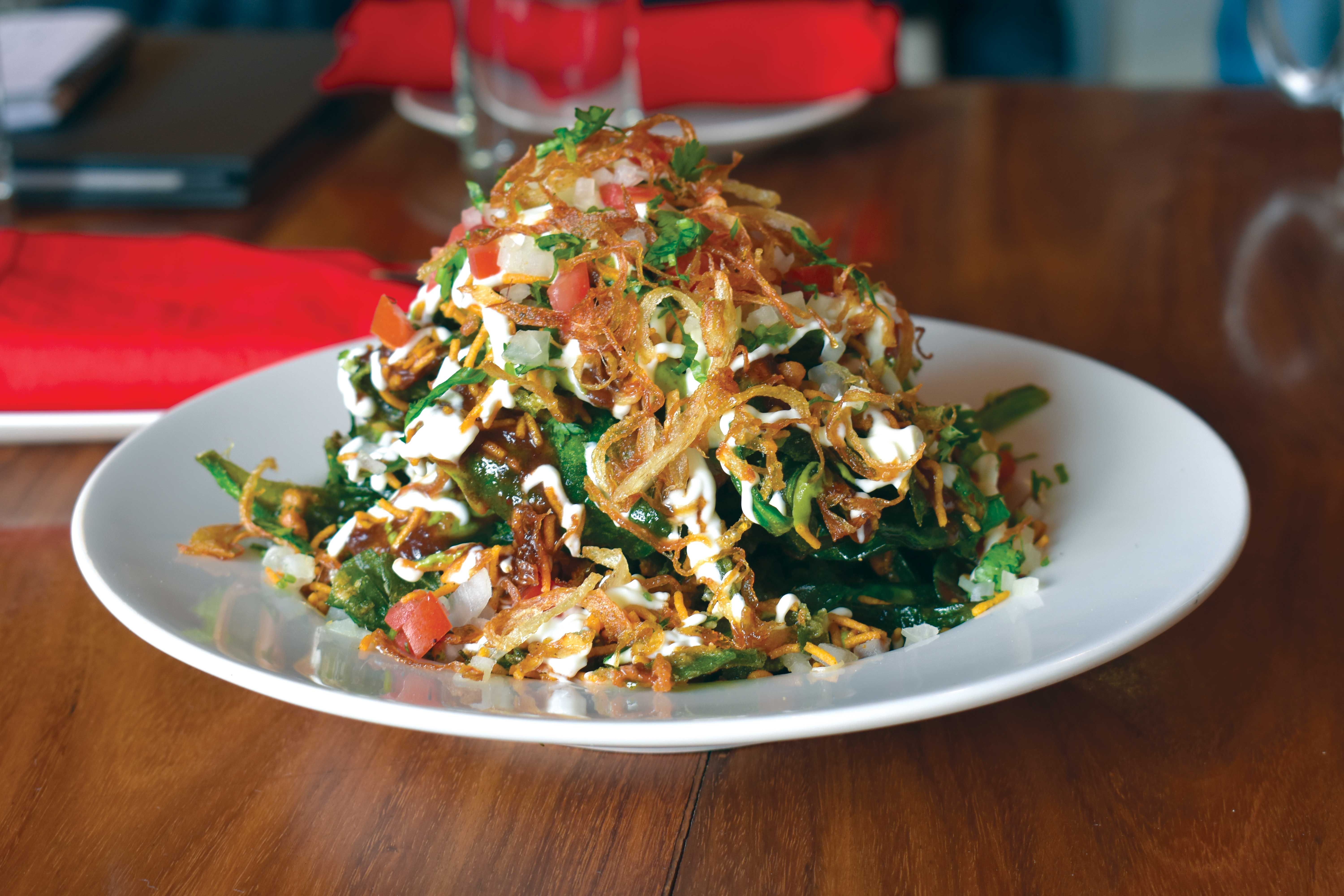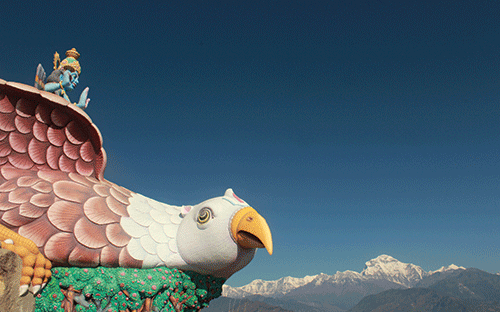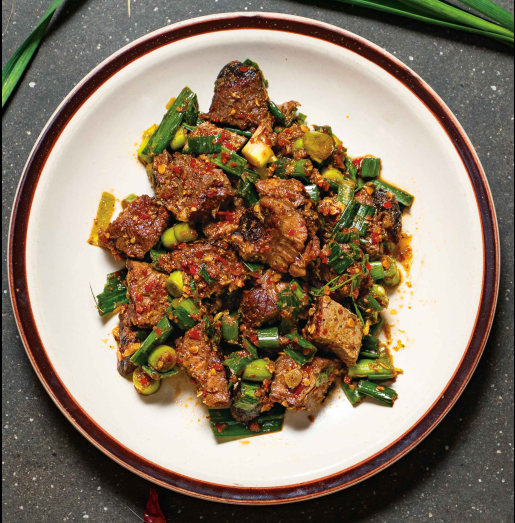Nepalis take travel seriously, or at least did before, when traveling wasn’t so convenient, but they ensured a safe journey with the help of some nice rituals.
 Whether it’s for work or for recreational purpose, traveling excites most of us. Leaving our homes once in a while to experience something different is definitely worth looking forward to. However, all that eagerness and excitement comes attached with a feeling of insecurity and fear regarding many things. We never know what may be waiting for us on the way, or whether our health remains in our favor. Thus, in Nepal, certain rituals are performed before heading out to ensure the traveler’s safety and good health, and that the trip’s purpose is fulfilled.
Whether it’s for work or for recreational purpose, traveling excites most of us. Leaving our homes once in a while to experience something different is definitely worth looking forward to. However, all that eagerness and excitement comes attached with a feeling of insecurity and fear regarding many things. We never know what may be waiting for us on the way, or whether our health remains in our favor. Thus, in Nepal, certain rituals are performed before heading out to ensure the traveler’s safety and good health, and that the trip’s purpose is fulfilled.
“In Newari culture, travelers are given sangha/shagun before starting a journey,” shares 82-year-old Baldev Juju, a resident of Kathmandu. Sangha includes items like eggs, fish, meat, bara (broiled lentils) and aila (Newari alcohol), among others. Juju explains, “Eastern philosophy says that the human body is made of five major components; water, air, vacuum, earth, and heat. The items of sangha represent these components, but people have different beliefs regarding what item represents which of the components.” As told to him by his ancestors, aila, being an alcohol, represents heat, and it symbolizes water, too, since it is liquid; meat and fish are symbolic to earth, as they can be decomposed into the soil; bara, being round-shaped, symbolizes vacuum, and also air. There’s a faith that when there is a balance in all these components in one’s body, she/he remains healthy and strong during the journey.
Many Newari people worship and light sukunda, which has an image of Lord Ganesh, and tika is put on the traveler’s forehead. In some houses, gagris (containers of drinking water) are placed on both sides of the entrance. The traveler drops coins in them and sprinkles water from the gagris on herself/himself before leaving. Some use kalash (smaller metallic water containers). These water containers are guarded on the doorsteps, as they are believed to ensure safety while the person is away from home. Dhup is also lighted, and flowers are offered.
“Chamal dhokaune” (bowing to rice grains placed on the worship plate) is another popular ritual. In Newari families, giving sangha is usual during other important events of one’s life, as well. Worshipping Lord Ganesh is important before starting off any good work, as the god is believed to help the worshippers deal with any hindrance coming on the way.
Other ethnic groups of Nepal also have their own sets of rituals surrounding travel.”In Bhojpuri culture, the traveler has to bow and pay respect to elders, and worship their family’s most worshipped god (kuldevata),” shares 21-year-old Bibek Singh from Rautahat. He adds, “Fish soup, sweets, and yogurt are offered to the traveler, as these are believed to make the trip sound and successful.” Likewise, in Brahmin and Chhetri families, tika and garland are offered to the voyagers, and they are made to eat yogurt and banana. Other fruits and dried fruits are given on doorsteps. Filling kalash with water and placing them on both sides of the doorsteps is practiced, too. These are worshipped with flowers and tika. They aren’t removed from the doorsteps until the traveler reaches his/her destination. It’s similar with Tamang families, with the addition of offering khada (sacred piece of cloth wrapped around one’s neck). Along with khada, they are offered local alcohol (called airak), and if that isn’t available, any other beer works. Family members also cook delicacies like selroti for the travelers, and bid them farewell with the hope to be reunited soon.
- It is believedthat three people should not leave a house at the same time, as it brings bad
luck.
- People try to avoid leaving home for a trip on Tuesdays and Saturdays. Rest of the days
of the week is taken as suitable for starting a journey.
- The day of new moon and the days before and after new moon are considered unlucky for
starting a journey.
- It is thought to be inappropriate to directly ask someone where s/he is heading. However,
people ask it indirectly by using phrases like “Tadhai jane?” meaning “Are you going
somewhere far?”
- Once the traveler exits the doorstep after performing the rituals, s/he isn’t allowed to get
back inside.
- Accidentally seeing a container full of water or yogurt on the way is considered lucky for
the journey.
- The traveler bows before and worships their personal vehicle before leaving, if s/he is
using it for the trip.


